
Ingredient
Enokitake
The Delicate Beauty of Enokitake Mushrooms
Enokitake mushrooms have long, thin stems and small, button-like caps. They have a crisp and crunchy texture, similar to bean sprouts, and a mild, slightly sweet flavor. The stems are the most prized part of the mushroom, while the caps are often used for decorative purposes.
Origins and history
Enokitake mushrooms have a rich culinary history in East Asian cuisines, particularly in Japan and China. They are highly valued for their delicate appearance and unique texture, making them a popular ingredient in soups, stir-fries, and hot pots.
Nutritional information
Enokitake mushrooms are low in calories and fat, making them a healthy addition to meals. They are a good source of dietary fiber, vitamins B and D, and minerals such as potassium and selenium.
Allergens
There are no known allergens associated with enokitake mushrooms.
How to select
When selecting enokitake mushrooms, look for fresh mushrooms with firm, white stems and clean, unblemished caps. Avoid mushrooms with slimy or discolored stems, as they may indicate spoilage.
Storage recommendations
To prolong the shelf life of enokitake mushrooms, store them in a paper bag or a loosely closed plastic bag in the refrigerator. They can stay fresh for up to a week when stored properly.
How to produce
Enokitake mushrooms can be cultivated at home using mushroom-growing kits or by creating a suitable environment for their growth. They require cool temperatures and high humidity levels. However, it is recommended to purchase commercially grown mushrooms for optimal quality and safety.
Preparation tips
Enokitake mushrooms can be used in a variety of dishes, including soups, stir-fries, salads, and hot pots. They can be added to miso soup, sautéed with vegetables, or used as a topping for sushi and noodle dishes.
Culinary uses
Enokitake mushrooms are commonly used in Japanese and Chinese cuisines. They are often featured in hot pots, sukiyaki, and stir-fried dishes. They are also popular in Korean cuisine, where they are used in soups and stews.
Availability
Enokitake mushrooms are commonly available in East Asian countries, such as Japan, China, and Korea. They can also be found in specialty Asian grocery stores around the world.
More ingredients from this category » Browse all

Paddy straw mushroom
The Golden Fungi
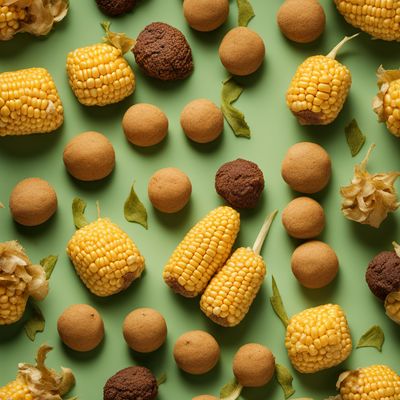
Corn smuts
The Mysterious Corn Fungus

Shiitake
The Mighty Shiitake

Nameko
The Versatile Mushroom

Pleurotus
The Versatile Oyster Mushroom
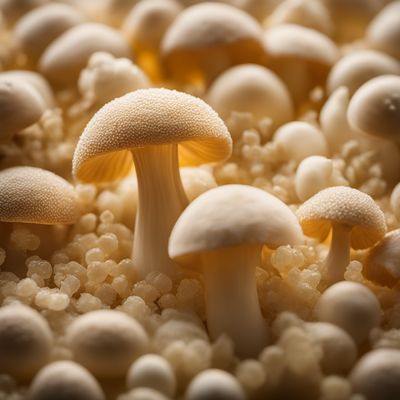
Other cultivated fungi
Exquisite Edible Fungi
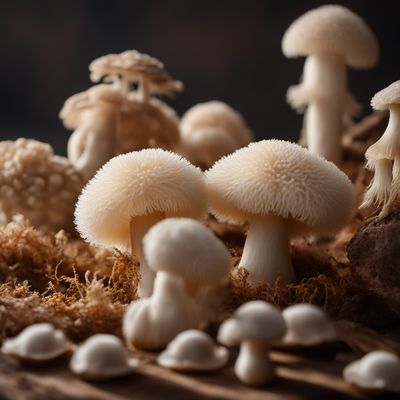
Pom-pom blancs
The Delicate Delight: Exploring the World of Pom-pom Blancs

Wood blewits
The Enigmatic Wood Blewits: A Hidden Gem in the Culinary World
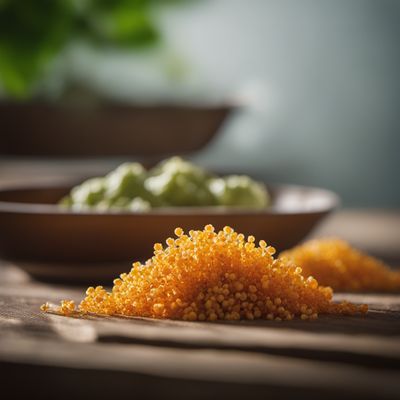
Fusarium venenatum
The Fungal Protein: Fusarium Venenatum
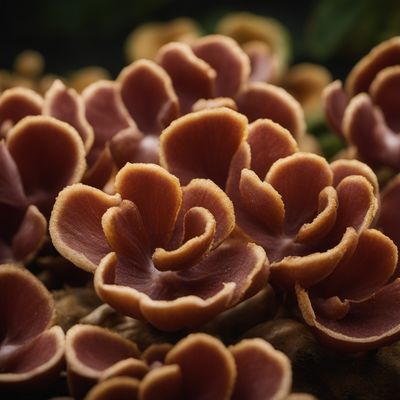
Jew's ears
Nature's Edible Fungi: Unveiling the Secrets of Jew's Ears

Shimeji
The Delicate Mushroom: Shimeji

Snow mushrooms
The Delicate Beauties of the Forest
Recipes using Enokitake » Browse all
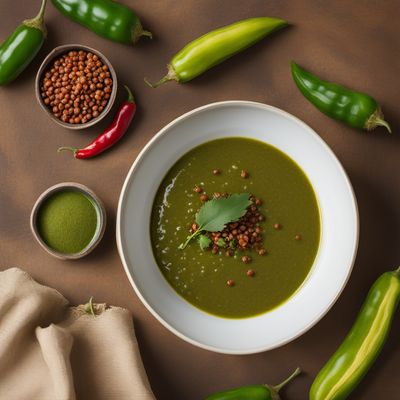
Gooseberry Delight Chutney
Tangy Twist: Gooseberry Delight Chutney
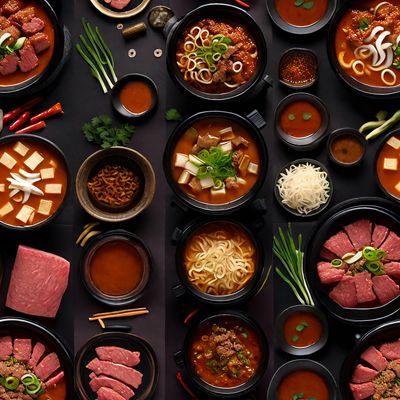
Budae Jjigae - Nouvelle Cuisine Twist
Gourmet Fusion: Budae Jjigae Reinvented
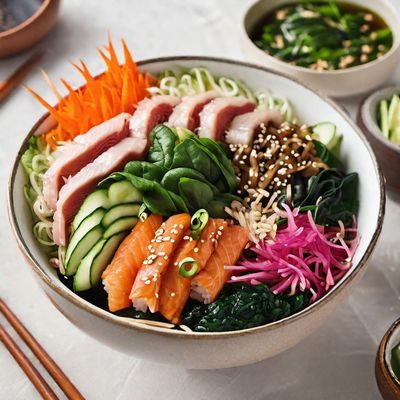
Nouvelle Bibimbap
Elevated Korean Delight: Nouvelle Bibimbap
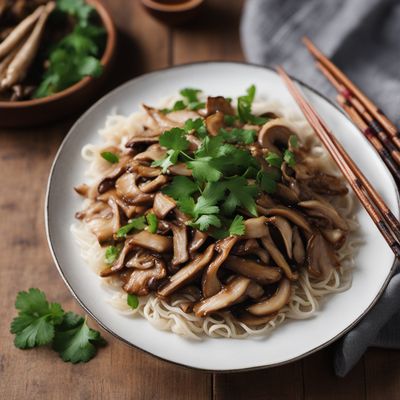
Imperial Chicken and Mushroom Stir-Fry
Regal Delight: Imperial Chicken and Mushroom Stir-Fry
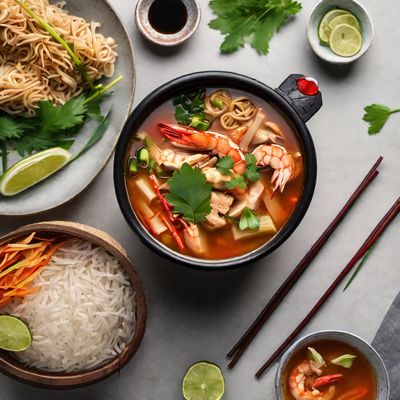
Thai-style Budae Jjigae
Spicy Thai Army Stew: A Fusion of Flavors
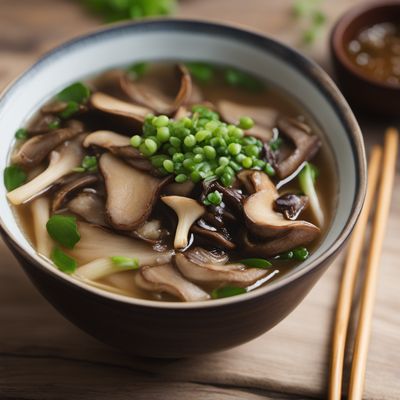
Kenoshiru - Japanese Mushroom Soup
Umami Delight: Savory Japanese Mushroom Soup

Konoha-don: Forest-Inspired Rice Bowl
Sakura Blossom Rice Bowl: A Taste of the Japanese Forest

Vietnamese-style Budae Jjigae
Vietnamese-inspired Spicy Army Stew

Japanese-style Hot Pot
Umami Delight: Japanese Hot Pot

Enoki Maki with Teriyaki Glaze
Teriyaki Enoki Rolls: A Delightful Twist on Japanese Cuisine

Sichuan-style Budae Jjigae
Spicy and Savory Sichuan Hot Pot Stew
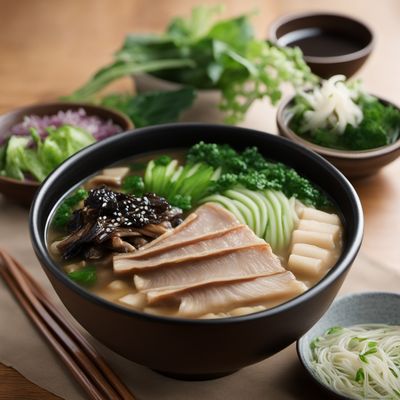
Kinoko Nabe with Miso Broth
Umami Delight: Kinoko Nabe - A Mushroom Lover's Dream